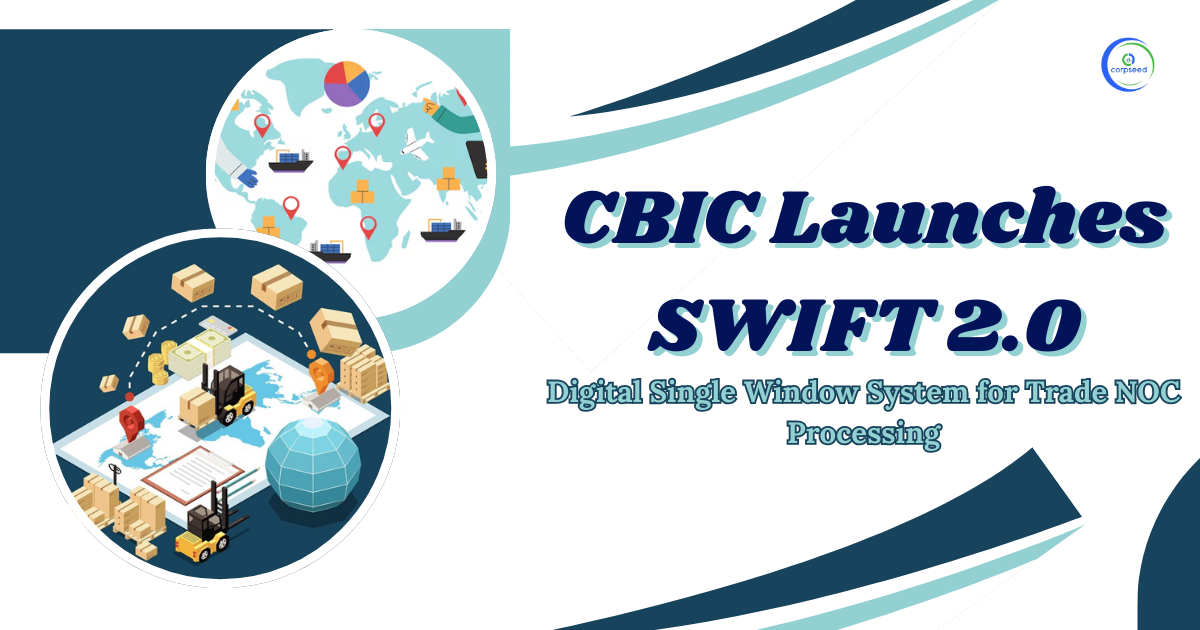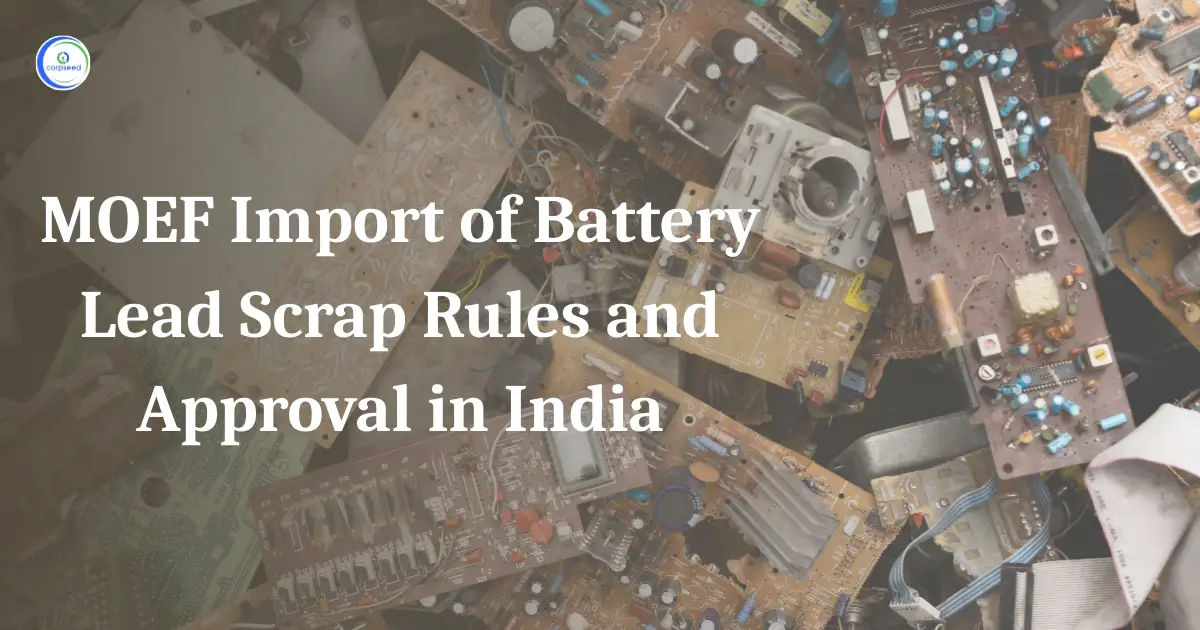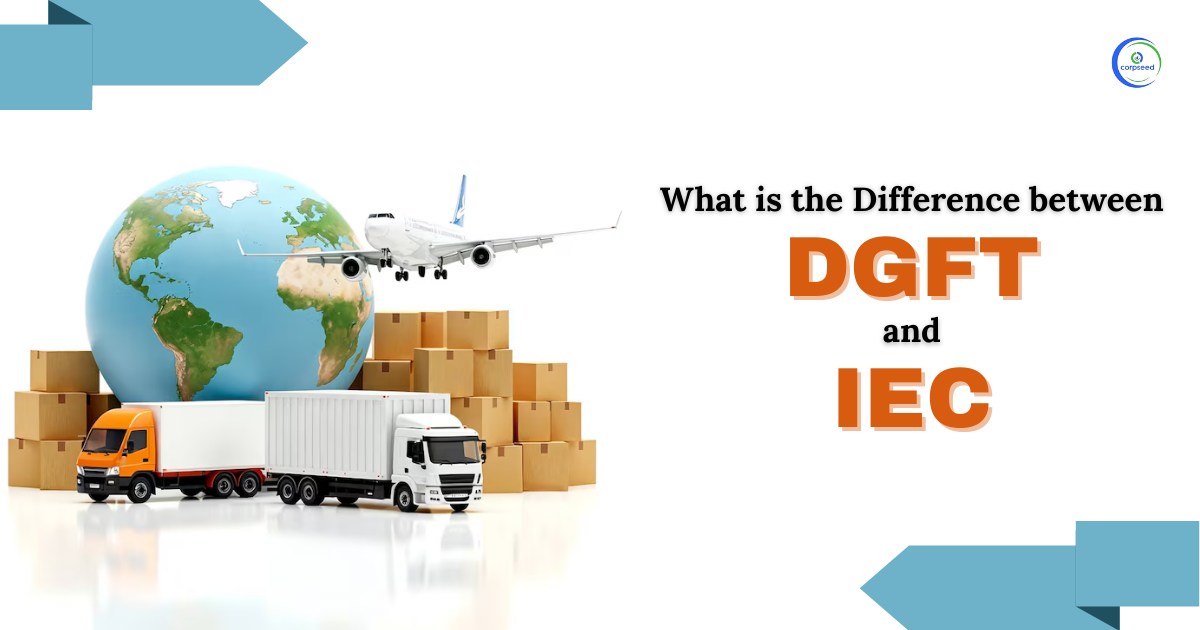Introduction
The most recent changes to import policies concerning steel and iron represent a dramatic change like commerce, to support homegrown manufacturing and defend the interests of the regional sector. The revisions incorporate strict measures to limit the entry of imported iron and steel goods, with a renewed focus on self-reliance and fostering local industry. To safeguard consumers and the environment, these rules prioritize sustainability and quality standards, ensuring that imported materials adhere to stringent requirements.
Table of Contents
--------------Blog Contact Form-------------
The modifications also highlight the value of fair trade policies, which deter the dumping of inferior and inexpensive iron and steel goods onto the domestic market. Stricter licensing guidelines and more thorough inspection procedures have been implemented to prohibit unfair competition and protect regional producers' interests. This strategic approach is in line with larger economic objectives of attaining self-sufficiency and minimizing reliance on outside sources, in addition to increasing the competitiveness of the domestic iron and steel industry.
All things considered, these policy changes represent a complete approach to balancing foreign commerce with developing a strong and independent domestic iron and steel industry.
Latest Import Policy Amendments for Iron and Steel: Objectives
The most recent changes to the import policy about iron and steel are intended to accomplish several important goals, which indicate a calculated strategy to support the domestic iron and steel sector. Among these goals are:
- Promoting Domestic Industry
The main objective is to promote the competitiveness and expansion of the indigenous iron and steel industry. The revisions seek to improve the business environment for local manufacturers by enacting regulations that limit the entry of imported goods, hence promoting more investment and production.
- Ensuring Quality Standards
The enforcement of strict quality standards for imported iron and steel goods is given priority in the revisions. Ensuring that materials entering the nation satisfy predetermined standards, protects infrastructure projects, consumers, and the general standard of the country's construction industry.
- Enhancing Self-Sufficiency
Reducing reliance on outside suppliers for iron and steel goods is a major goal. The goal of the policy changes is to promote self-sufficiency by reducing the risks associated with reliance on foreign markets by reducing excessive imports.
- Preventing Unfair Trade Practices
The policy changes include steps to stop unfair trade practices like subsidies and dumping. To avoid cheap, low-quality imports undermining local sectors by flooding the domestic market, strict licensing procedures and improved monitoring methods are put in place.
- Environmental and Social Sustainability
Provisions to encourage eco-friendly practices in the iron and steel sector may be included in the modifications. This could involve imposing obligations on social responsibility guidelines and eco-friendly production practices.
- Aligning with National Economic Goals
The modifications to import policy are probably in line with more general national economic goals, which support the plan for economic development as a whole. This could entail expanding the total economic output related to the iron and steel industry, encouraging innovation, and creating jobs.
The aforementioned changes to import policy seek to achieve a balance between the interests of global trade and the necessity of strengthening the domestic iron and steel sector to promote its expansion, sustainability, and ability to support national economic objectives.
Latest Import Policy Amendments for Iron and Steel: Key Highlights
The most recent changes to import policy for steel and iron highlight several important points that indicate a deliberate change in trade laws. These key highlights are as follows:
- Stricter Quality Controls
To preserve the integrity of domestic infrastructure projects, the modifications impose strict quality standards on imported iron and steel, guaranteeing that the items fulfill predetermined requirements.
- Promotion of Domestic Production
The policy revisions, which prioritize self-reliance, are intended to increase the competitiveness of the regional iron and steel sector. Import restrictions are put in place to promote higher levels of domestic investment and production.
- Prevention of Unfair Trade Practices
Strict measures are included in the program to combat unfair trade practices including subsidies and dumping. Increased licensing and monitoring procedures are put in place to stop low-cost, inferior imports from hurting the home market.
- Environmental and Social Considerations
The iron and steel sector may place more emphasis on social responsibility and environmental sustainability. Provisions to guarantee adherence to social responsibility guidelines and environmentally friendly industrial techniques might be included in the revisions.
- Balancing International Trade
The policy modifications aim to reconcile the promotion of domestic interests with the needs of international trade. To safeguard domestic industries without totally cutting off the nation from the international market entails managing trade dynamics.
Steel Import Monitoring System
Numerous nations have put in place the Steel Import Monitoring System (SIMS) as a regulatory framework to oversee and control the import of steel goods. Governments rely heavily on it to get up-to-date information on steel imports, which improves market transparency and makes rapid policy responses possible.
Before their steel shipments arrive in the nation, importers are usually required by SIMS to register and submit comprehensive information on them. Specifications, quantity, value, and information on the exporting nation may all be included in this data. Authorities can evaluate market trends, evaluate the effect on home businesses, and identify any problems such as dumping or unfair trade practices by methodically monitoring these imports.
The mechanism serves as a deterrent to the manipulation of trade laws, enabling governments to move quickly to safeguard domestic steel producers by enacting taxes or quotas. Furthermore, SIMS promotes fair competition by guaranteeing that imported steel satisfies quality requirements and conforms to safety and environmental laws.
In conclusion, the Steel Import Monitoring System is a proactive regulatory tool that improves governments' capacity to keep an eye on, assess, and efficiently react to steel imports, protecting home industries and fostering fair competition in the world steel market.
Conclusion
To sum up, the most recent changes to the import policy about steel and iron are a calculated move to support a strong and competitive domestic industry. The focus on encouraging homegrown manufacturing, enforcing strict quality standards, and combating unfair trade practices demonstrate a dedication to enhancing self-sufficiency and defending the rights of regional producers. Within the iron and steel industry, these modifications prioritize social and environmental sustainability in addition to commercial goals.
The goal of the policy adjustments is to level the playing field by putting into practice a comprehensive strategy that strikes a balance between the expansion of home industries and the concerns of international commerce. Implementing policies like the Steel Import Monitoring System guarantees openness and makes it possible to respond quickly to changes in the market. All things considered, these changes show a dedication to bringing the iron and steel industry into line with more general national economic objectives, encouraging innovation, creating jobs, and lowering reliance on outside resources. These policies set the nation up to take advantage of opportunities and overcome obstacles in the iron and steel sector as the world economy changes, ensuring a robust and independent economy in the long run.
This portion of the site is for informational purposes only. The content is not legal advice. The statements and opinions are the expression of author, not corpseed, and have not been evaluated by corpseed for accuracy, completeness, or changes in the law.
BOOK A FREE CONSULTATION
Get help from an experienced legal adviser. Schedule your consultation at a time that works for you and it's absolutely FREE.


_Application_Procedure.webp)






